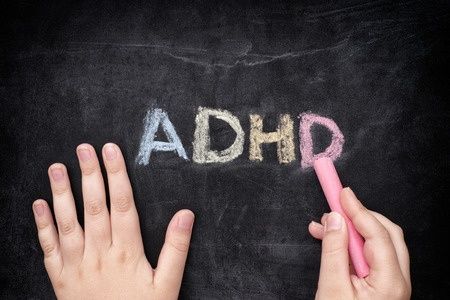My child has been diagnosed with ADHD and our doctor is suggesting they begin taking medicine to control their symptoms. What should I do? If you are a parent facing this decision, you are not alone. More than 1 in 10 (11%) US school-aged children had received an ADHD diagnosis by a health care provider by 2011 and the number has increased even since then. Knowing whether or not to put your child on medication for ADHD is often an emotionally challenging decision. Parents are reluctant to put their child on medication of any sort and the unknowns and variables associated with medication may not be worth the risk.
Parents often wonder if non-medication alternatives could produce similar or better results and another concern is whether or not ADHD medication could potentially start children down a path that leads to substance abuse.
Karen M. Lounsbury, Phd., a professor of Pharmacology at the University of Vermont acknowledges why this might be a concern for parents.
“People who have ADHD or any other attention deficit disorders don’t have enough normal reward feelings, which causes them to seek higher levels of reward.
Teenagers are more susceptible to become addicted because their brains are still maturing, and when they get that much of a reward signal in their brain, it is hard for anything else to match it.”
Reassuring Findings
These are worrisome thoughts indeed and are not to be taken lightly. However, The American Journal of Psychiatry has concluded that there is “evidence that receiving ADHD medication is unlikely to be associated with greater risk of substance-related problems in adolescence or adulthood. Rather, medication was associated with lower concurrent risk of substance-related events and, at least among men, lower long-term risk of future substance-related events.”
There are multiple studies to support the American Journal of Psychiatry’s findings, including an American Academy of Pediatrics report that “describes an 85 % drop in the risk of later developing a substance abuse disorder for individuals with ADHD who received medication treatment, when compared to those who did not have medication management. Children who were treated with stimulant medication at an earlier age were the least likely to develop a substance abuse disorder.”
Another study supporting this theory is a 2003 UCLA study where the lead researcher concluded that there exists “no association between the use of medication such as Ritalin and future abuse of alcohol, nicotine, marijuana and cocaine.”
3 Key takeaways:
- People diagnosed with ADHD were about three times more likely to have a substance-related problem than the population at large. ADHD patients who had received treatment were less likely to have a problem than patients who hadn’t.
- Two years after taking ADHD medication, male patients were 19 percent less likely, and female patients 14 percent less likely, to experience a substance-related event than the population at large. The same trend persisted to three years, though it was diminished, especially in females.
- Deciding whether or not to put your child on medication for any reason at all can be worrisome, but hopefully the concern of ADHD medication leading to substance abuse problems later in life can be put to rest. There is solid evidence that ADHD medicine can be lifesavers for kids struggling with severe ADHD symptoms, and their families. When caught early and properly prescribed, this medication can not only mitigate against symptoms of ADHD, but may likely help prevent addictive behaviors down the road.
1 https://www.cdc.gov/ncbddd/adhd/features/key-findings-adhd72013.html
2 http://ajp.psychiatryonline.org/doi/10.1176/appi.ajp.2017.16060686
3 http://www.chadd.org/Understanding-ADHD/About-ADHD/ADHD-Weekly/Article.aspx?id=59
4 https://childmind.org/article/adhd-meds-lead-addiction/



